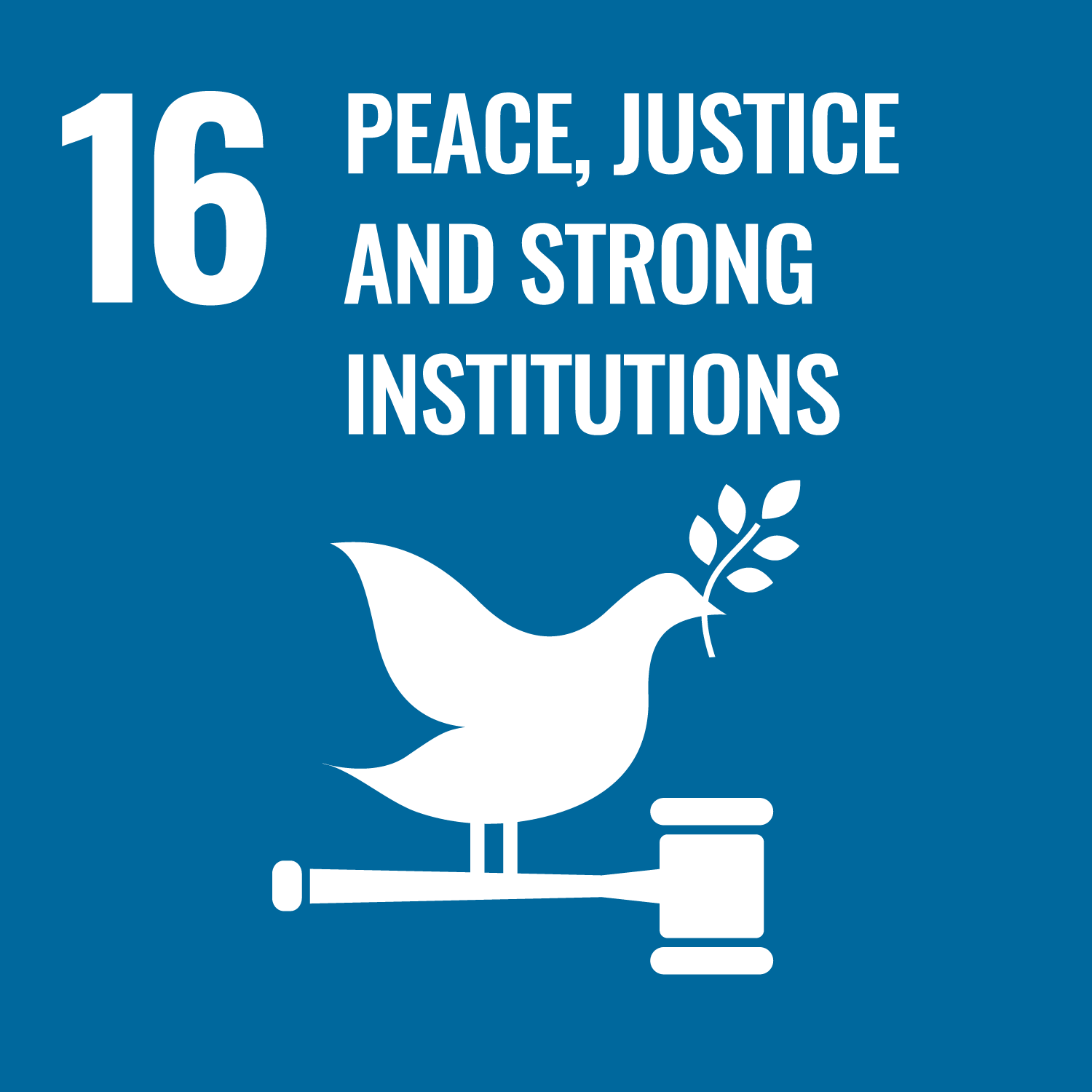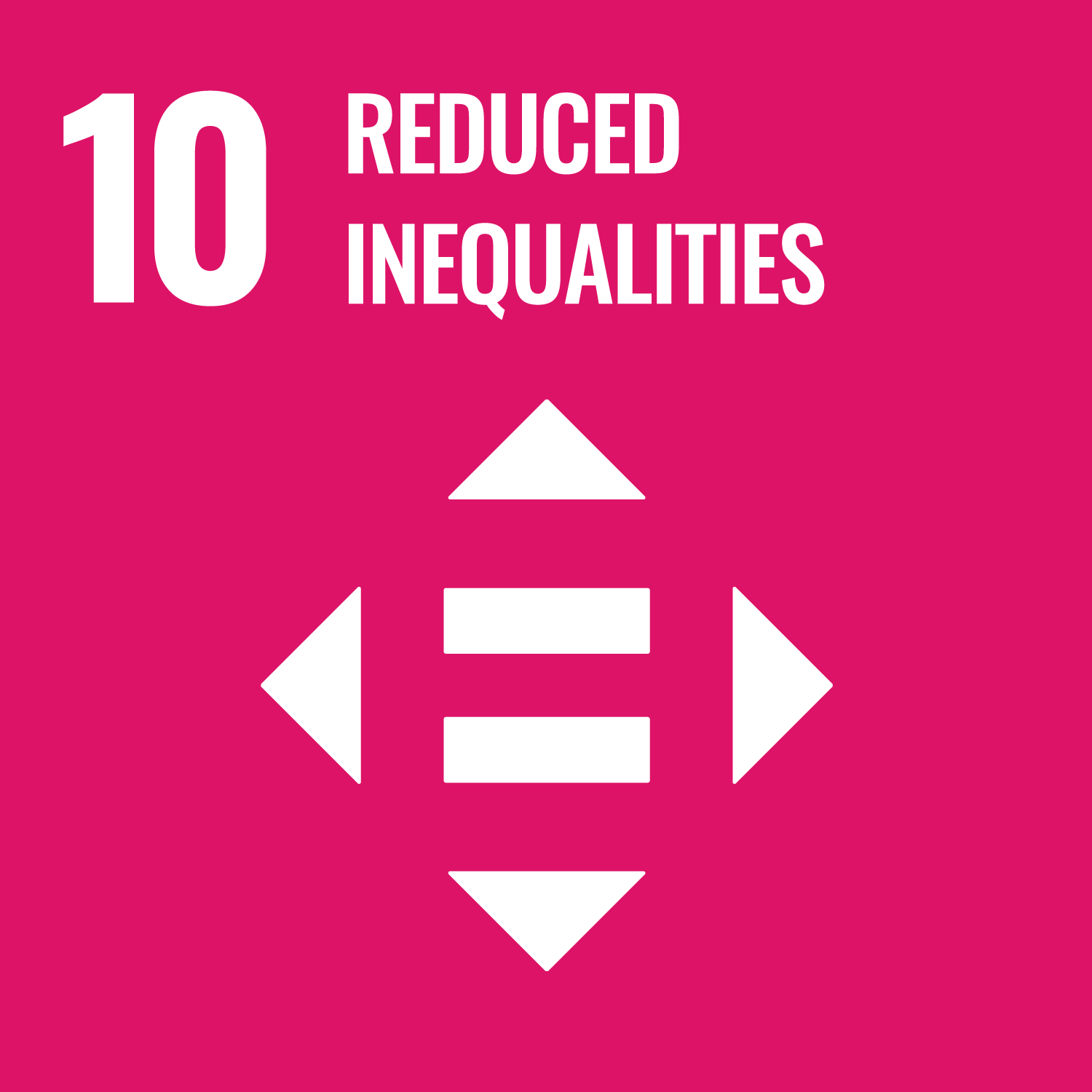In 2021, the Ogata Research Institute launched the "Politics and Governance" research cluster as its newest research field. To advance development cooperation in the current international situation, it has become increasingly important to gain in-depth knowledge of politics and governance. To understand how research can contribute to improving development cooperation, Dr. Orita, a principal researcher at the Ogata Research Institute, shares her reflections on the deeply intertwined and nuanced relationship between development cooperation and politics.
The Establishment of the “Politics and Governance” research cluster at the Ogata Research Institute
Have you ever heard of the Ogata Sadako Research Institute for Peace and Development (also known as the Ogata Research Institute)?It is part of JICA, and also holds a unique position among the major development cooperation agencies engaged in bilateral cooperation as the only directly managed research institute. Since the days of the Overseas Economic Cooperation Fund (one of JICA’s predecessor agencies), there has been a research institute that conducts studies and research aimed at solving development issues. However, it was not until 2008, when the organizations were merged to form the new JICA, that the provision of “research” was included in the Act of the Incorporated Administrative Agency-Japan International Cooperation Agency and enacted into law, with the aim of conducting and disseminating research that meets international standards both domestically and internationally. In 2020, after Sadako Ogata, the former president of JICA, passed away, the research institute was renamed in her honor, and it continues to carry on her legacy in its focus on "human security" to the present day.
The Ogata Research Institute conducts and disseminates its research through six main research clusters: "Politics and Governance," "Economic Growth and Poverty Reduction," "Human Development," "Peacebuilding and Humanitarian Support," "Global Environment," and "Development Cooperation Strategies". The most recent research cluster Politics and Governance was established in 2021.
The Subtle Relationship between Development Cooperation and Politics
Why is "politics and governance" the newest addition to the Institute’s research areas? I think the reason lies in the delicate balance between development cooperation and, in particular, politics. From the very beginning of development cooperation, along with the evolution of Official Development Assistance (ODA), groups of development experts in the field, technocrats and academics from international organizations, donors and NGOs and so on, have sought to find and formulate ideals and theoretical solutions to social and economic issues such as poverty alleviation and economic growth.
The word “politics” covers many different aspects, and when it comes to development cooperation, there are politics on both sides of developing countries and donor countries as well as international (regional and global) politics. For example, regarding the politics of developing countries, since development cooperation affects the societies and economies of developing countries, the influence of politics is inevitable. On the other hand, development cooperation itself is not intended to directly intervene or influence politics.
Japan, in particular, has the experience of economic and social development as it received cooperation from other countries and organizations since the end of the Second World War. Owing to this, Japan has maintained a strong tendency to respect the views of partner countries and has been careful not to interfere in their internal affairs when conducting development cooperation activities.
In the context of international politics, though defined as an important tool for Japan’s diplomacy, ODA has primarily taken a different approach, trying to find a balanced distance from diplomatic negotiations and defense issues.
Politics and governance determine the fate of countries and are pivotal issues for their development, but it must be recognized that there are certain difficulties in attempting direct change through development cooperation. Therefore, politics is treated as an external factor that is not included in the project structure, when implementing projects for development cooperation.
Politics coming to the foreground
Turning our eyes to reality, since the 2010s, we can observe that the competition between major world powers has intensified and the debts of developing countries have further increased. In recent years, we see the rise of nationalism in many parts of the world, with the United States shifting towards an “America first” policy and the U.K. leaving the European Union, just to name a few. There has also been an increase in the number of authoritarian states. Since 2020, the world has been dealing with the effects of the COVID-19 pandemic. In addition to pressing global issues, like climate change and infectious diseases, the international order has been shaken by Russia’s invasion of Ukraine and the destabilization of the Middle East. As geopolitical risks heighten, the world is facing compounded crises.
For many of us involved in development cooperation, there have been a series of painful events in recent years - such as the military coup in Myanmar, where we have supported extensively for social and economic development for over 10 years since the transition to civilian rule in 2011, and the political upheaval in Afghanistan, where we have provided reconstruction assistance for over 20 years since 2001. We were reminded that, even though it is so difficult to change things directly through the power of development, politics has an overwhelming influence that can instantly nullify decades of efforts of development cooperation.
In addition, Russia's invasion of Ukraine in February 2022 and the armed conflict between Israel and Hamas since October 2023 have exposed the increased destabilization of international politics and they further endangered the environment and foundations for development cooperation. The ensuing humanitarian crises have triggered a soaring price of electricity, fuel, food, and many other essential items, and people in developing countries in particular have been more affected. After all, we live in a complex international world where events in other countries directly affect our own lives, and no country can really isolate itself or build a closed economic zone. We have witnessed the fact that the turmoil of international politics has the destructive power to instantly make the places where we live unsafe and deprive people of their lives, livelihoods, and dignity, regardless of whether they live in a developing or a developed country.
Challenges for the Ogata Research Institute
In response to these geopolitical and international political tectonic shifts, the presence of politics in development cooperation has changed. Development cooperation expert groups, who tried to develop solutions and implement them in social settings to solve development issues as technocrats, need to open their eyes more and see in all clarity how the world is changing. They have to understand further the dynamism of international politics and its direct and indirect influences on governments in developing countries. A deep knowledge of politics and governance has become an indispensable part of the workings of development cooperation. One of the reasons for the establishment of the Politics and Governance research cluster at the Ogata Research Institute was to reflect on the conditions of domestic and international politics and the structure of societies, that every country can enjoy and benefit from the concept of human security without being at the mercy of the agendas of major powers.
The reasons for civil wars and conflicts that break out in different regions and countries, and even wars that involve many parties around the world, are extremely complex and more often than not, it is difficult to decide on who is right or wrong. From a diplomatic standpoint, it may sometimes be necessary to take a clear position and send a message. However, for JICA, which is a government agency of Japan but also a development cooperation agency, it is a little bit more difficult. Even if diplomatic relations between governments have soured, there may be people in that country who experience hardships or even live in threatening conditions. Since ODA is based on agreements between governments, there are times when it is necessary to implement a project in cooperation with the partner government, even if there are certain difficulties in the international political environment surrounding the partner government or its domestic politics and governance.
As part of JICA, the Ogata Research Institute is also confronted with these difficulties when dealing with international politics or the politics of partner countries. However, the institute’s aim is to understand this complicated world through the lens of academic research and to improve development cooperation to make it more effective and accessible. While we need to take the sensitive politics in the field of development cooperation into account, the institute’s work is based on academic objectivity and we can look at past, present and future issues with an open mind and present new perspectives.
At the Ogata Research Institute, we will continue to conduct research in diverse fields, including the newly established research cluster on Politics and Governance, that produces effective results and offers new values and ideas to international arena, for improvement of development cooperation, and hopefully for a better tomorrow.
Keep updated on our work and projects by checking our homepage and social media!
JICA Ogata Sadako Research Institute for Peace and Development










scroll